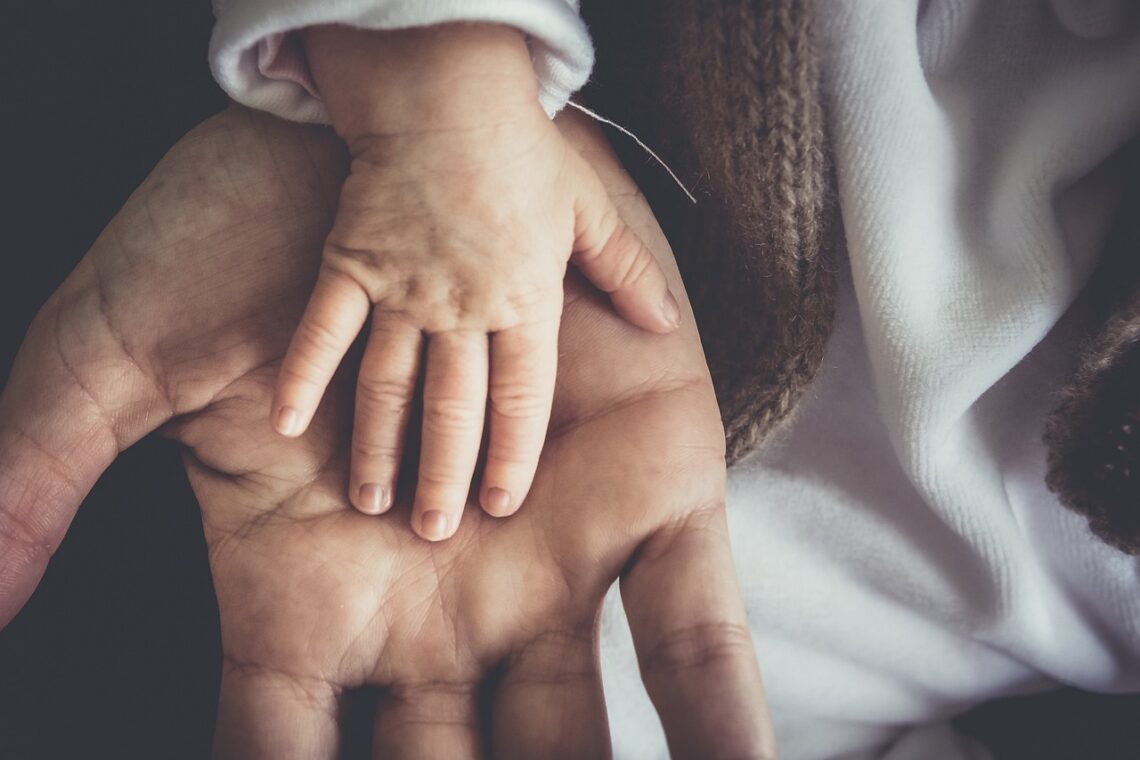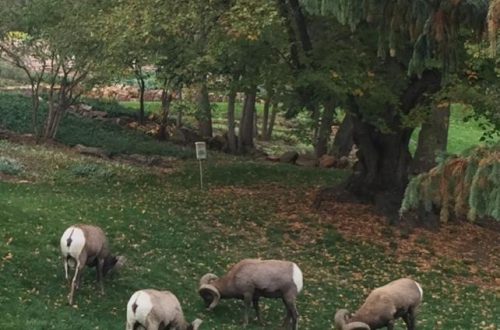
OUR Father
I remember the first time my step-mother, standing beside my father, introduced me to her friend, by saying, “This is our daughter.” She didn’t say, “This is his daughter.” By choosing that one specific pronoun ”our” she was telling me that I now belonged, that I was part of the relationship between her and my dad, that she had claimed me as her own, that we were family.
Jesus begins the prayer he taught the multitudes (as recorded in Matthew 6) and his disciples (Luke 11) by telling them to start their conversations with God by saying “Our” Father. This little word, “our,” holds big implications for the entire prayer.
Look Who’s Talking
As Jesus is teaching on the mount, he has instructed the multitudes about what their Father likes and doesn’t like. He teaches them about God the Father by saying, “Your Father…”. But when his teaching turns to the topic of prayer, he changes the perspective and tells them to pray, “Our Father…” In Greek, the word for “Our” is hemon and it means just what we think it does: us, we. In English, from a grammar point of view, “our” is a possessive determiner. It is used before a noun (in this case, Father) to express possession and ‘belonging’. There is an inclusiveness indicated with this word. It includes the person(s) using it and includes the person(s) it is directed toward. It demonstrates a claimed relationship.
We know that the person saying the word “our” here is Jesus … the Son of God, our Elder Brother, the Firstborn of all creation. And we know the persons he is speaking to are the multitudes, the disciples … and us. So when he instructs us to begin the prayer with “Our” he is saying “you and me, together, we pray like this.” He who was with the Father at creation, who was begotten of the Father, who is one with the Father, says, “Let’s talk to OUR Father together.”
I have only one sibling, a brother who is seven years older than me. I recall many times when he would coach me about how to approach our parents to ask them for something or to admit something I’d done wrong. He’d rehearse my little speech with me so that I would know just what to say—not because the exact words were so important, but because he wanted to ensure I said it with the right attitude and with the right approach.
He’d known our parents longer and had had many more experiences with them than me. He knew, better than I, how good, caring and wise they were. He knew what it was like to ask dad for the car keys or to explain poor grades to mom or to admit an instance of poor judgment. He taught me how to talk to OUR parents.
When Jesus teaches the crowds and his followers to say “Our Father,” he has also had many more experiences with the Father than they had had. He had actually come from the very Kingdom he instructs them to pray will come. He had obeyed the Father’s will by becoming a man. He had thanked the Father for bread and faced temptations. Still to come was forgiving those who would trespass against him and his own death that would make our forgiveness possible as well as bring about deliverance from the evil one. He was well aware of all the circumstances in which we would need the Father’s care, and throughout the prayer he touched on all of them.
So, next time when we pray “The Lord’s Prayer” let’s pay attention to what our Elder Brother teaches us to ask OUR Father for, and then be grateful that He loves us enough to teach us to pray.



